In this article, We are going to discuss the “difference between Abstract class and Interface in C#” with simple examples. This is one of the most frequently asked questions in almost every C# dot net interview.

In this article, We are going to discuss the “difference between Abstract class and Interface in C#” with simple examples. This is one of the most frequently asked questions in almost every C# dot net interview.

An exception is defined as an event that occurs during the program execution that is unexpected by the program code. Exception handling is important because it handles an unwanted exception so that your program code does not crash and remains meaningful to the user.
In this article, we will discuss the exception types and exception handling in C# using try, catch, and finally blocks.
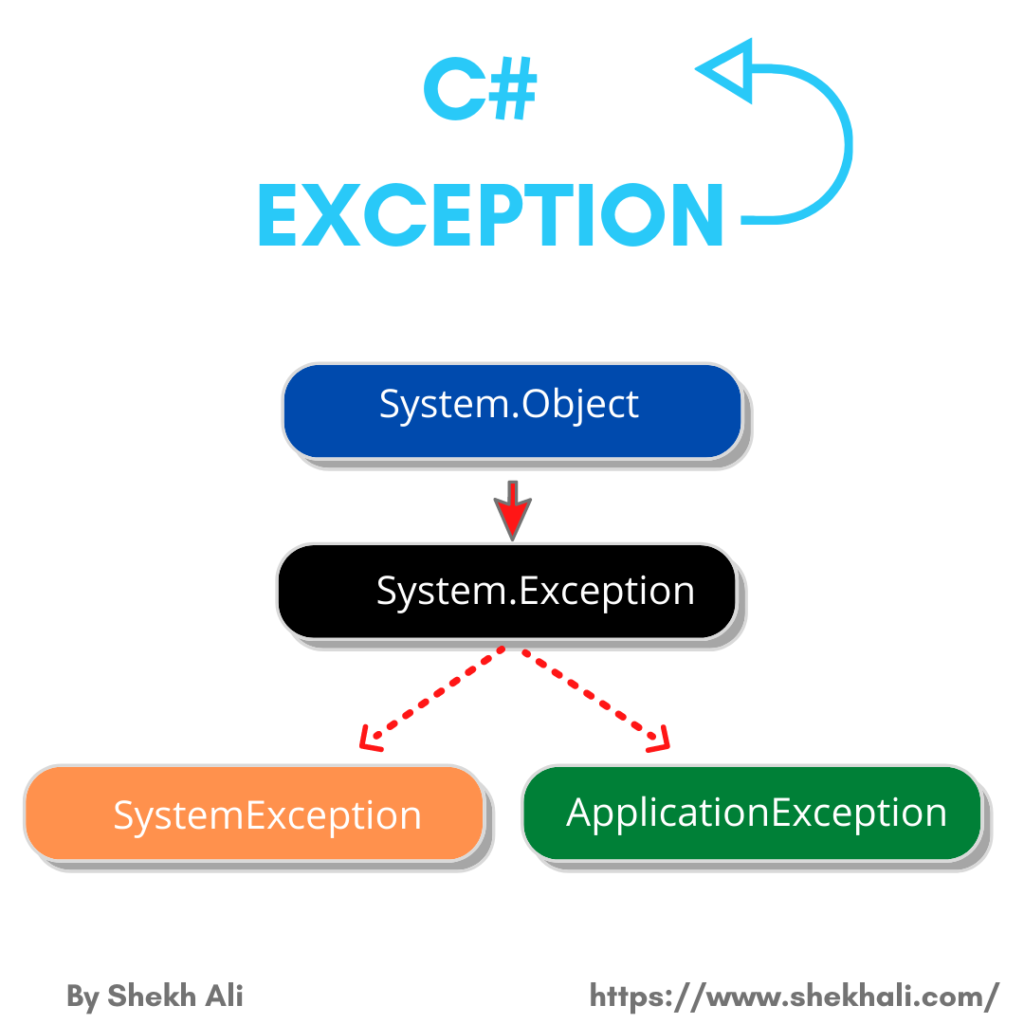
An enum, or enumeration, is a value type in C# that consists of a set of named constants called the members of the enum. Enums are useful when you have a fixed set of values that a variable can take on, such as the days of the week or a set of predefined options.
Enums are value types, so they are stored in the stack rather than the heap. This means that they are faster to access than reference types, but they also take up more memory.
In this post, we will learn the proper usage of an enum in c# with multiple examples.

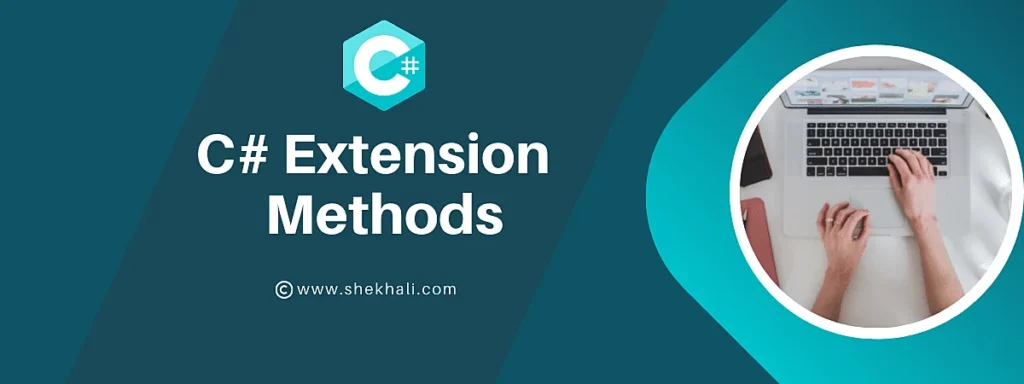
An extension method in C# is a feature that allows you to inject new methods into existing classes without changing their source code.
It allows you to create additional methods that can be used as if they were a regular method of the original class.
Extension methods are static methods defined in a static class. They use the “this” keyword with the first parameter, representing the type extended by the extension method.
Are you interested in learning about the fundamental concepts of Object-Oriented Programming (OOP) in C#? If so, you’re in the right place! This article will provide a comprehensive introduction to OOPs concepts in C#.
This post will go through object-oriented programming in C# and the four basic OOPs concepts.

In this post, we will learn about indexers in C# using a few examples. We’ll also look at the key difference between the indexer and properties in C#.
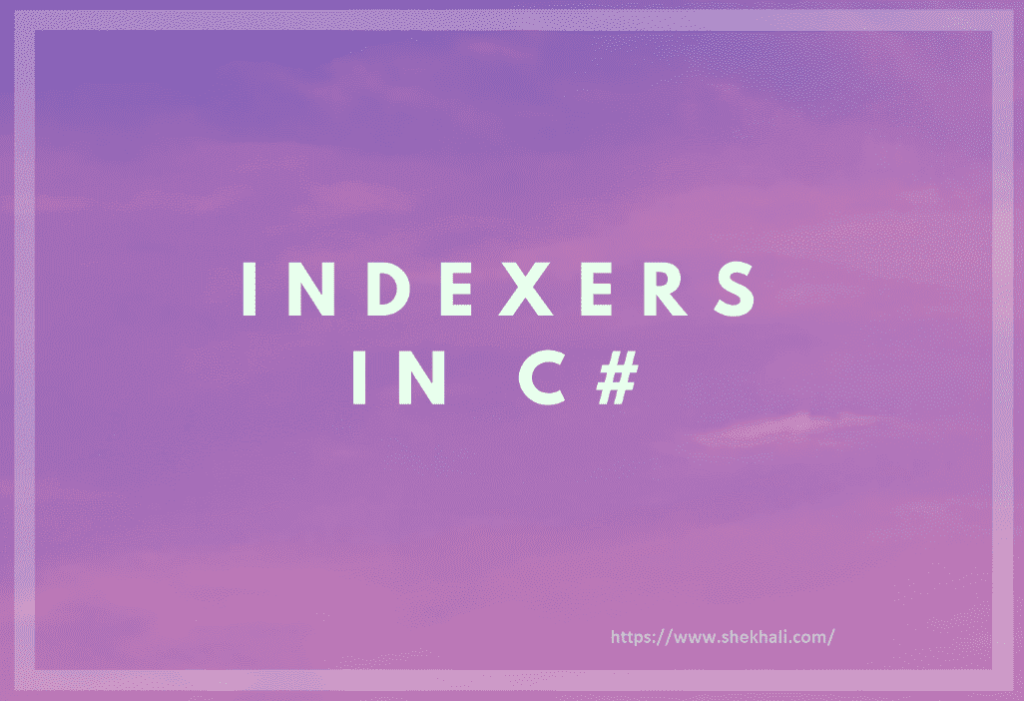
As a database developer or administrator, you must have encountered the term Cascade in SQL Server. Cascading is a powerful feature that helps maintain data integrity by automatically propagating changes across related tables in a database. This article will explore the following:
We will also provide examples and explanations to help you understand the concept better.
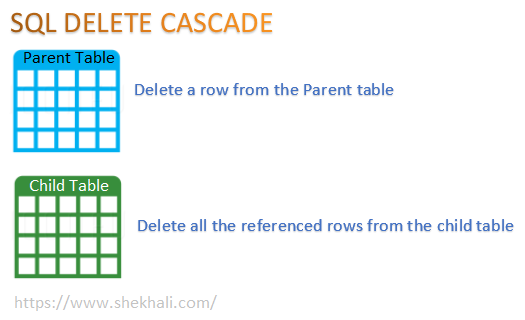
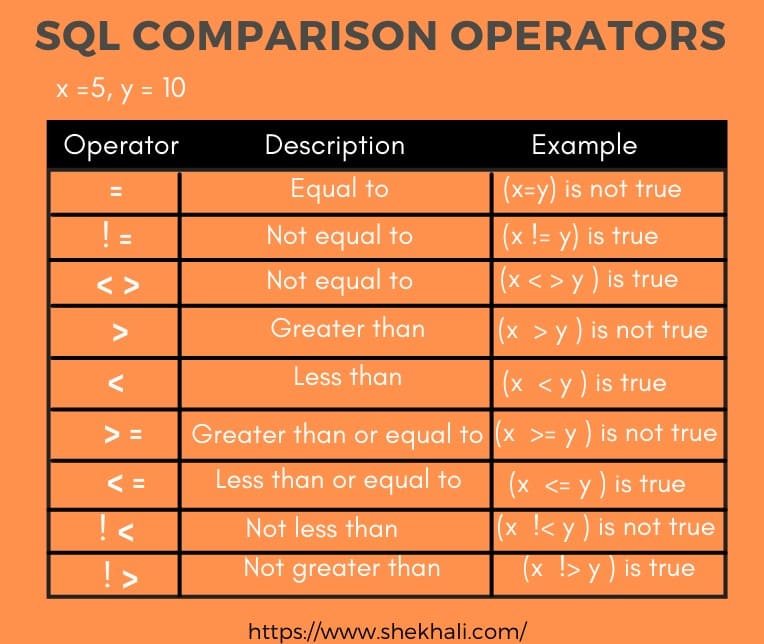
In this article, we will discuss the use of Inheritance in C# through examples.
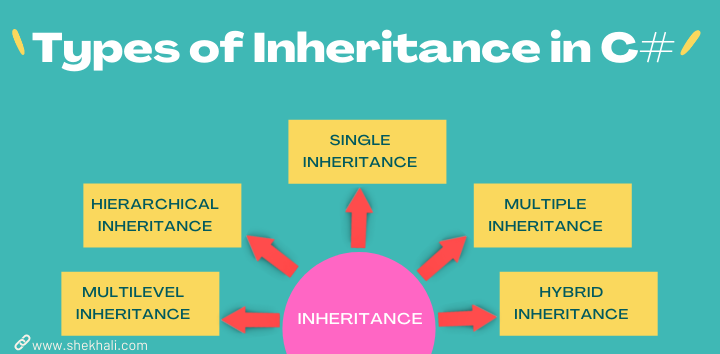
Property in C# is a member of a class that allows classes to read, write, and expose private fields while keeping the implementation details hidden.
In this post, we will try to understand how to use properties in C# with multiple examples.


In C# 3.0, the var keyword was introduced to declare an implicit type local variable that could hold any data. However, it’s important to remember that when using var, you must ensure the variable is assigned a value during declaration.
In simpler terms, var lets us create a variable without deciding its type beforehand. It’s like telling the compiler, “Hey, you decide the type based on what value I assign to this variable.” However, it’s important to note that when we declare a variable with var, we must also initialize it with a value right at the beginning.
A PRIMARY KEY constraint in SQL Server is a field or column which ensures that each entry in a table is must be unique and not null.
A primary key can be created at the column or table level. The following is an example to illustrate this:
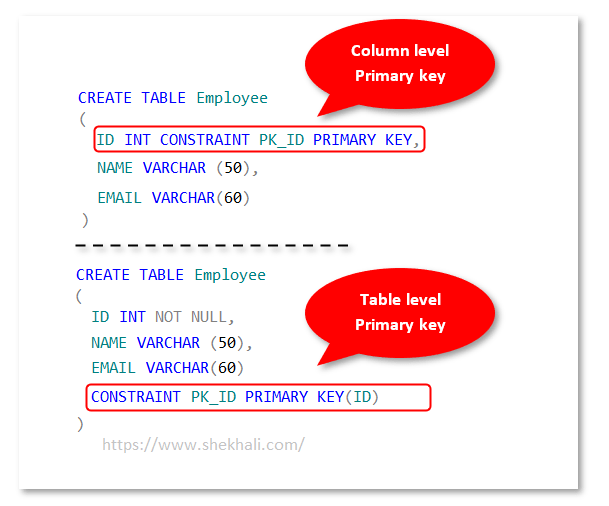
Last updated on March 4th, 2024 at 02:11 am In the previous article, we learned about the delegates and their …
An anonymous method in C# is a method that doesn’t have a name. You can create an anonymous method using the delegate keyword and assign it to a variable of delegate type.
In this article, We will discuss about the Anonymous method with multiple examples.

In simple terms, a delegate in C# is like a pointer to a method. It allows you to refer to a method by its name and invoke it later. Think of it as a “method container” that holds a reference to a particular method with a specific signature (parameters and return type).
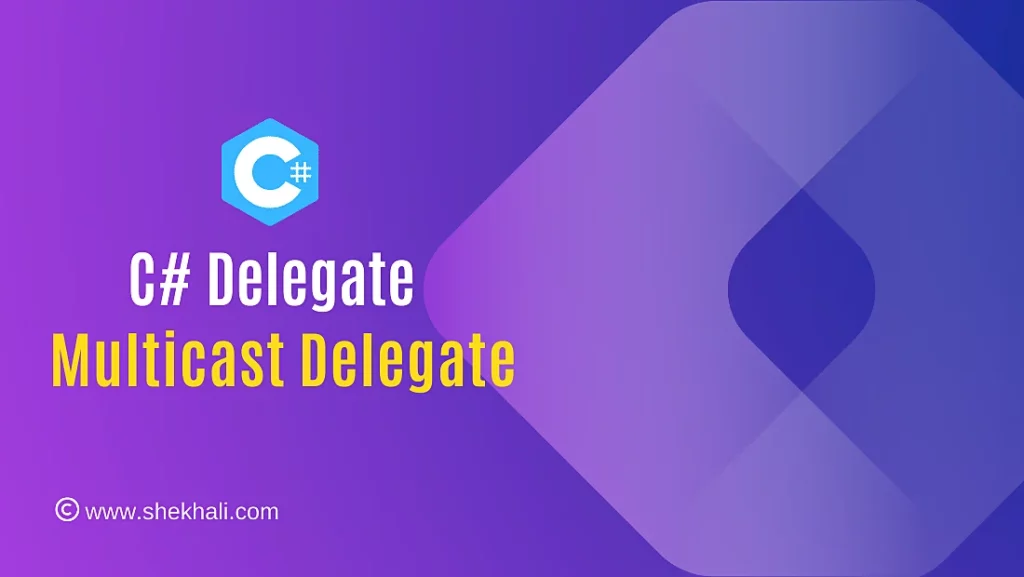
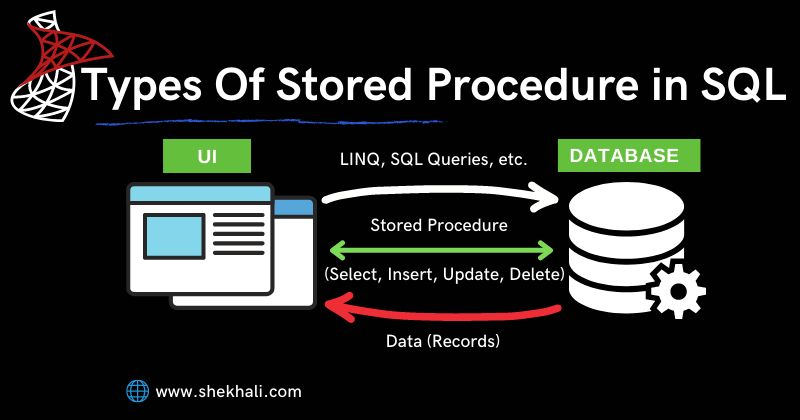
In this article, we will discuss how to create a stored procedure in a SQL Server database. Also, we will try to understand the different types of stored procedures available in SQL Server through various examples.
In this article, we will discuss how to Create, Alter, and Drop a database in SQL Server.
In my previous article, we have discussed all about the Types of SQL Commands.
Database : In the SQL server a database is a place to store the data in an electronic format. It is an organized collection of database objects such as tables, views, functions, stored procedures, triggers and so on.
It allows a user to easily access or manipulate the data.
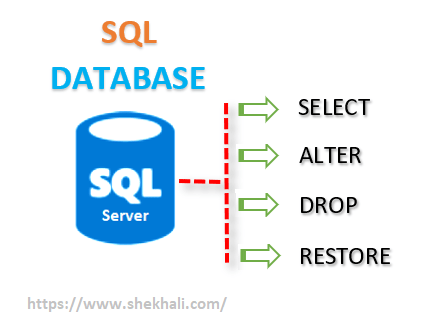
In SQL Server, there are two ways to create a user-defined database, either by using the Transact-SQL statements or by using SQL Server Management Studio.
SQL commands are a set of instructions used for interacting with relational database management systems (RDBMS).
SQL (Structured Query Language) is the standard language for managing and manipulating data in databases like SQL Server, MySQL, Oracle, Sybase, and Postgres.
Here, We will learn SQL commands like DML, DDL, DCL, TCL and DQL commands in SQL with examples.
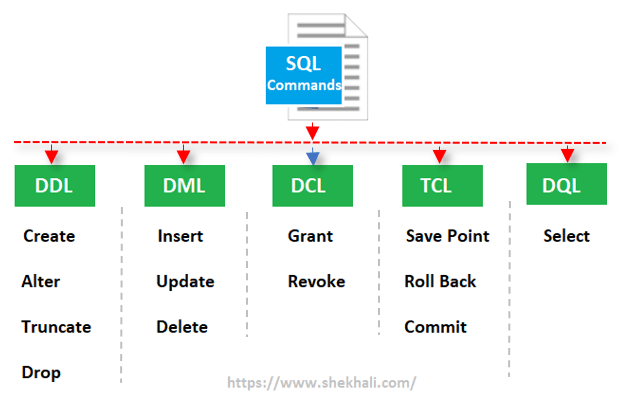
The lock keyword in C# is used to place around a critical section of code, where we want to allow only one thread to access the resource at a time. Any other thread cannot access the lock and it waits for the lock to be released.
In this post series, we will go through the understanding of the lock keyword, monitor, mutex, and semaphore available in C#.
All of these classes (lock, monitor, mutex, and semaphore) provide a synchronization mechanism to protect the shared code or resources in a multithreaded application.
